Rumen Radev’s second term of office as President officially begins on 22 January, 2022. A few days before that date, on 19 January, Rumen Radev and Vice President Iliana Yotova took the oath to observe the Constitution and the laws of the country, and in all of their actions to be guided by the interests of the people.
In an address to the nation from the National Assembly, the head of state formulated his priorities: restoring democracy and rule of law alongside other, long-term national goals – addressing the demographic crisis, poverty and inequality, guaranteeing sovereignty and security, the national interests and dignity.
Are we going to see Rumen Radev in a new role in the coming five years?
“Rumen Radev has shown that he cannot be intimidated or bought. And that is what earned him extraordinarily broad support in society,” says Prof. Alexander Marinov, chair of the presidency’s Strategic Council. “He is ending his first term of office with the same level of trust and support he started it with, something unprecedented in Bulgarian politics.”
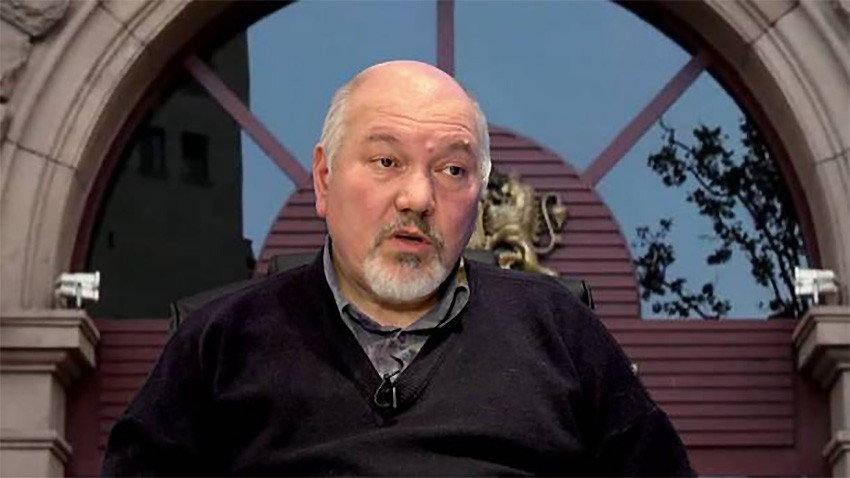
Prof. Marinov believes that the constructive dialogue and cooperation with the new government will enable the institution to show a different face, after almost half a year of direct involvement in the country’s administration provoked by the political instability that rocked the country. The President will continue to act as counterbalance to the government when need be, and the criticism he has must not be seen as dramatic, Professor Marinov says in an interview for the Bulgarian National Radio.
“The challenges President Rumen Radev will face during his second term of office will stem from the exceedingly complicated domestic and international situation in every respect possible – the pandemic, the energy crisis, the difficult military and political relations. In times such as these the head of state has very distinct functions of bringing institutions and nation together.”
In his assessment of the first presidential term, political analyst Atanas Radev lays an emphasis on the role played by Rumen Radev in undercutting the position occupied by GERB, the party which ruled the country for more than a decade.
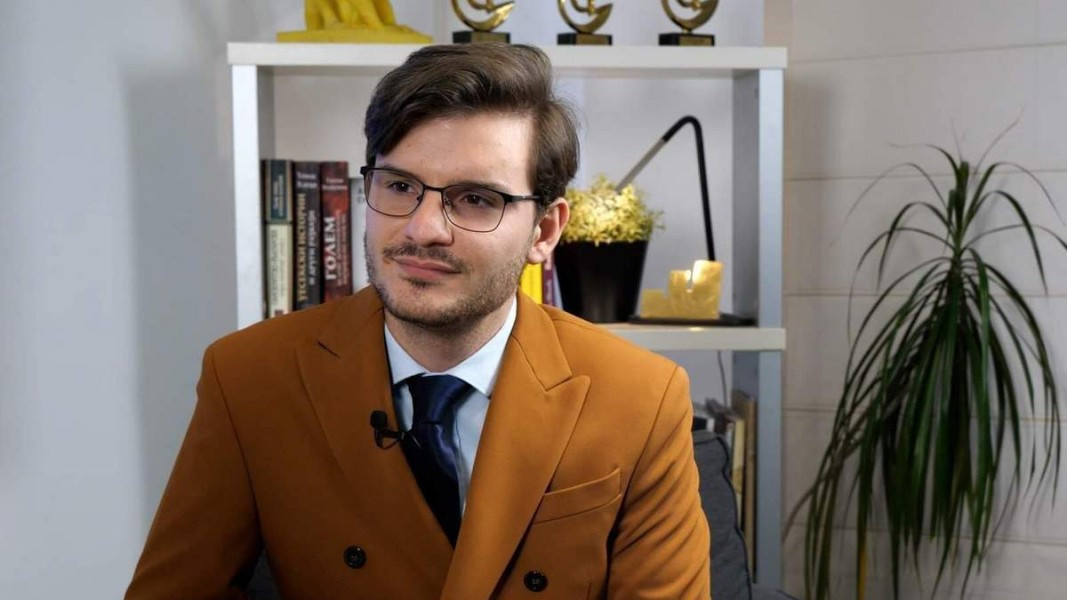
“We had all grown accustomed to seeing predictability in the previous administration of the country. However, the results of the three elections for parliament last year showed just how tired people had grown of that style of governance, and how much they needed change. All this was to a certain extent provoked by the sharp criticisms the President delivered throughout the entire term.”
According to PR expert Nidal Algafari, the fact there is no clearly defined foe to fight against should prompt the President to act as a figure symbolizing the Bulgarian state and to use the language of goodneighbourhood so as to assist the government in its foreign policy.
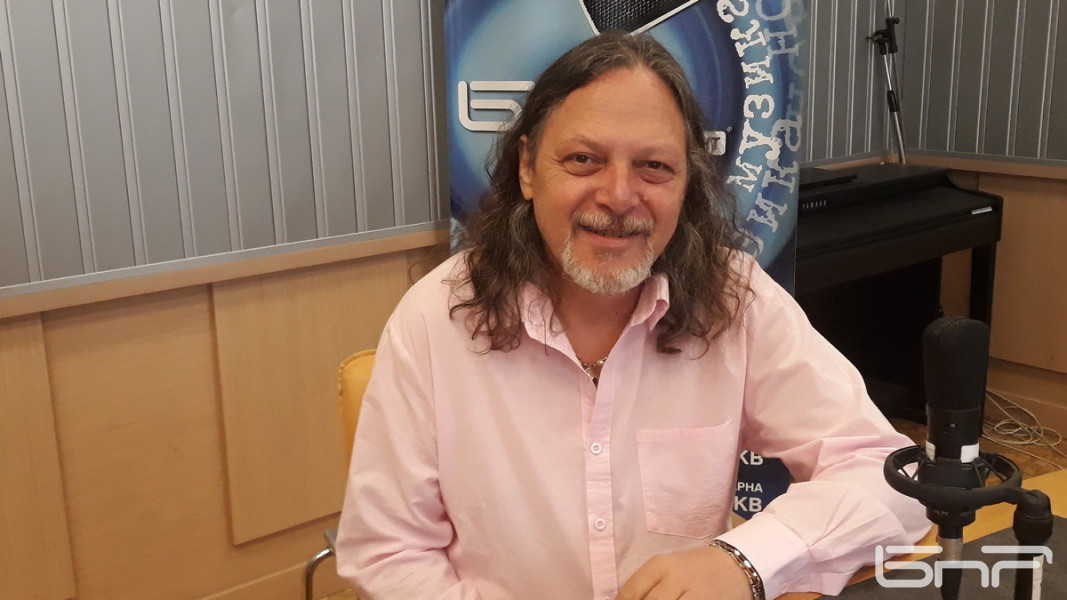
Political analyst Kaloyan Velchev too analyses the messages the President conveys in his address:
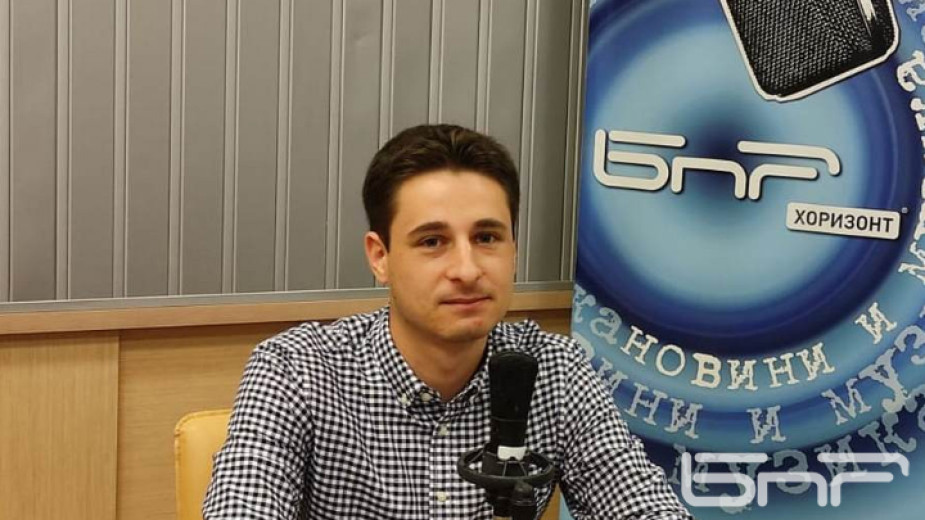
“Rumen Radev still speaks the language of the majority of Bulgarian citizens, but I think it is important to be talking more about our togetherness and the role of the presidential institution which should set the tone for conciliation, not exacerbate the political debate, trouble-ridden as it already is.”
In his speech the President touched upon issues and points which are not directly within the prerogatives of the presidential institution. Yet it is precisely the option of informally overstepping the narrow constitutional powers that actually makes this institution interesting, says political analyst Anastas Stefanov:
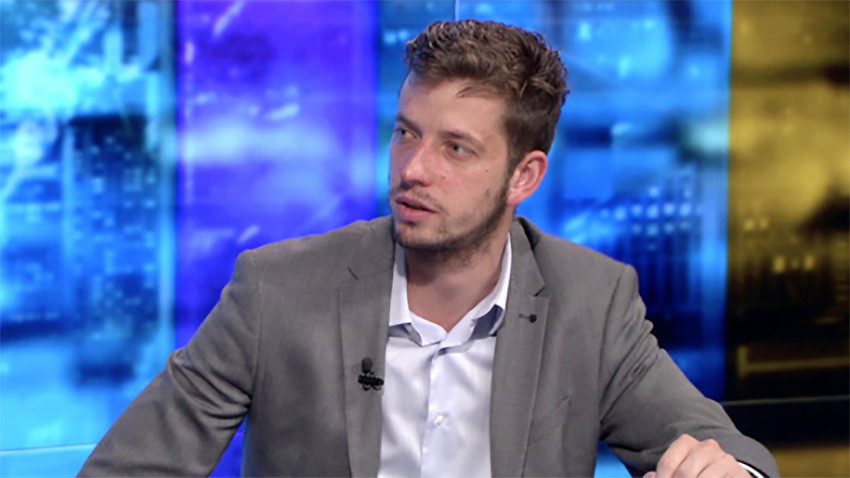
“And the reason is most of all because the President has the power of communication. The speech we heard is part of this power of communication – outlining, from the highest rostrum of the National Assembly, fundamental problems and priorities which should, according to the President, be upheld and which should come to underlie the real policies of the new government.”
According to Anastas Stefanov, in broad outline, the political agenda Rumen Radev set down enjoys considerable legitimacy. Whether it will be put into practice, however, depends on the stability of the government and the will of parliament.
Interviews: Bulgarian National Radio
Editing by Yoan Kolev
Photos: BGNES, BNR, archiveFor the seventh time in three years, Bulgarians went to the polls, and the results shed light on some of the behind-the-scenes manoeuvring. A seemingly minor detail in the counting of votes for the Velichie party, which missed the 4% threshold to enter..
The Alliance for Rights and Freedoms (APS) of Ahmed Dogan - the honorary chairman of the former DPS movement - announced its support for the PP-DB declaration for a sanitary cordon around Delyan Peevski's formation - DPS - New Beginning. APS said..
Whether there will be negotiations to form a government will become clear after the election of the speaker of the National Assembly . Parliamentarism requires that the speaker be a GERB member and we will not compromise, GERB leader Boyko Borissov told..
At today's session of MEPs opening in Strasbourg, the European Parliament will again call for full membership of Bulgaria and Romania in Schengen . The..

+359 2 9336 661
